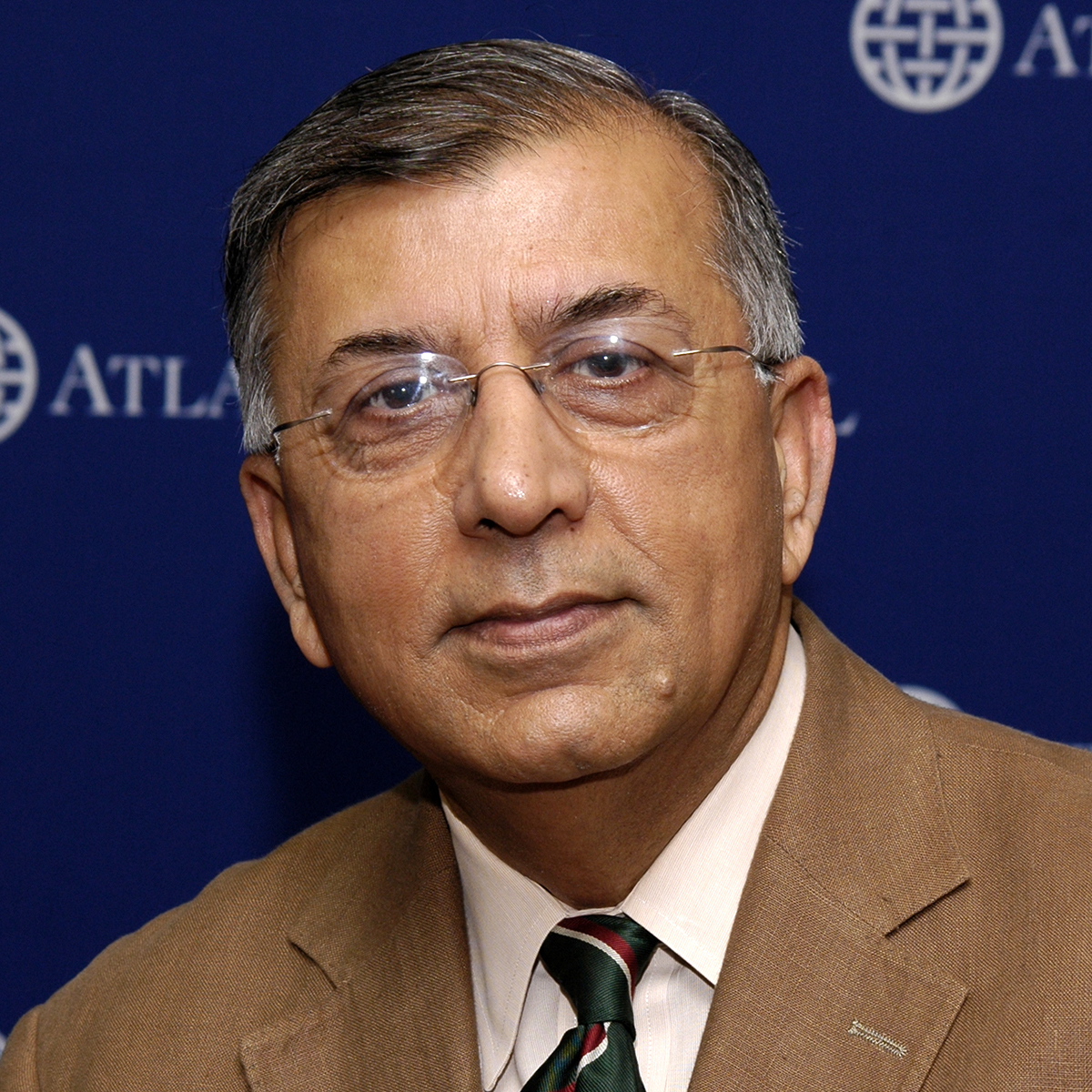
Diplomatic tensions are on the rise between the US and Pakistan as the CIA contractor accused of shooting two men is on trial for murder. South Asia Center director Shuja Nawaz appeared on the Australia Broadcasting Company’s show Lateline to discuss the ramifications of the Obama Administration’s handling of the ordeal.
Click here to view the video (.asx file)
A transcript of the segment can be found below and at ABC’s website
TONY JONES, PRESENTER: The stakes are getting higher in a diplomatic standoff between the US and Pakistan over the deadly shooting of two men by a CIA contractor.
The circumstances surrounding the case are murky, but the man who the US calls a diplomat is now on trial for murder.
Raymond Davis is due to appear in a Pakistan court again tomorrow.
North America correspondent Lisa Millar reports.
LISA MILLAR, REPORTER: Raymond Davis says he was driving through the crowded streets of Lahore when two men tried to rob him. He pulled a gun and killed them in self-defence.
But four weeks later the 36-year-old American remains in jail with Pakistan questioning why he was there in the first place.
(Police interview excerpt)
POLICE: It’s not written that you are a diplomat.
RAYMOND DAVIS: OK. Do you have my passport?
POLICE: Yes.
RAYMOND DAVIS: Can I see it? Very front page: diplomatic passport.
POLICE: (Inaudible).
RAYMOND DAVIS: I’m not answering questions. I’m going back to my room.
(End of police interview excerpt).
LISA MILLAR: The US has been adamant Raymond Davis has diplomatic immunity and must be released and he’s had support from the very top of the Obama administration.
BARACK OBAMA, US PRESIDENT: And the reason this is an important principle is if it starts being fair game on our ambassadors around the world, including in dangerous places where we may have differences with those governments, … they start being vulnerable to prosecution locally, that’s untenable. It means they can’t do their job.
LISA MILLAR: But what job was Raymond Davis doing? Reports now suggest he was a CIA contractor who once worked for the company formerly known as Blackwater and he was part of a covert operation investigating militant groups in Pakistan.
JOURNALIST: How exactly do you describe him? I mean, is he a contractor, is he a consulate employee?
PJ CROWLEY, US STATE DEPARTMENT: He is a US diplomat in Pakistan currently incarcerated in Pakistan who has diplomatic immunity and should be released.
JOURNALIST: And what exactly was his job?
PJ CROWLEY: Ah, he has, you know – technical, provides technical services to the – a member of the administrative and technical staff of the US embassy in Islamabad. I’m not going to go any further.
LISA MILLAR: The protests have been growing in Pakistan, so too the anti-American sentiment. In another twist, the widow of one of the men killed used rat poison to attempt suicide.
SHUMAILA FAHEEM, WIDOW (voiceover translation): 11 days has passed and nobody has done anything. I want justice.
LISA MILLAR: The US sent Senator John Kerry to plead Raymond Davis’ case.
JOHN KERRY, FOREIGN RELATIONS COMMITTEE: Let’s work together, as two countries who have a huge common interest, who are working towards the same goal.
LISA MILLAR: As he left Pakistan, he was confident the agent would be released within days, but that never happened.
Pakistan’s Government officials are wary of bearing the brunt of the public fury, tossing the decision back to the courts.
While talk of diplomatic immunity and the violation of international treaties is driving the public debate, behind the scenes the biggest fear is what this might be doing to the already troubled relationship between the US and Pakistan. They might be allies, but this incident is set to have major ramifications.
Shuja Nawaz is the director of the South Asia Centre at the Atlantic Council.
SHUJA NAWAZ, ATLANTIC COUNCIL: I think there will now be support for those in the Pakistan Government that will say we cannot trust the United States.
LISA MILLAR: Were you surprised that president Obama came out so strongly in support of him, and it was days before he was outed as a possible CIA agent?
SHUJA NAWAZ: I think the United States may have overplayed its biggest hand, which was the president’s statement of a few days ago when he was out in public, before it was publicly known that Raymond Davis had affiliations with the CIA when he called him a diplomat.
It gives very little room for resiling from that position or for negotiations, and I think that’s going to create a hurdle at some point before this thing is resolved.
LISA MILLAR: When that might happen is unclear. Raymond Davis is due back in court, while the US will continue fighting for his release.
Lisa Millar, Lateline.